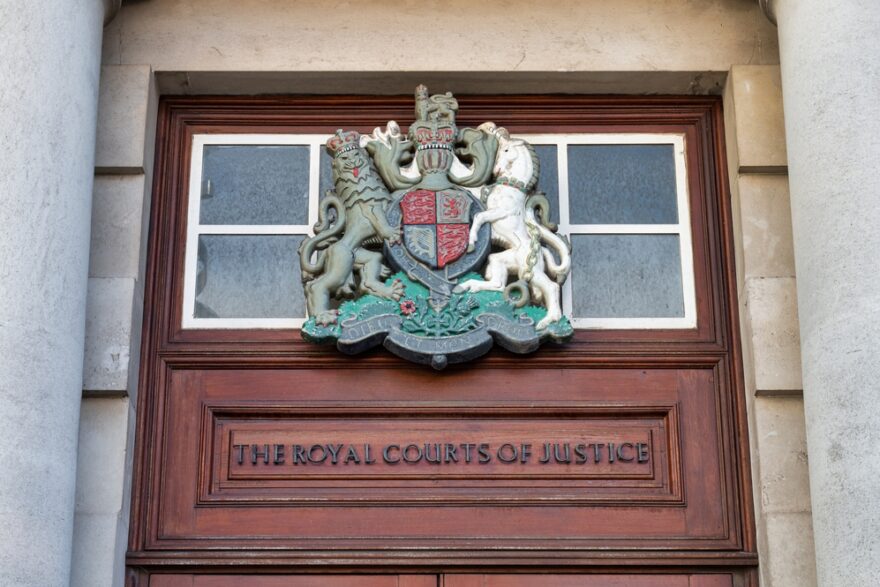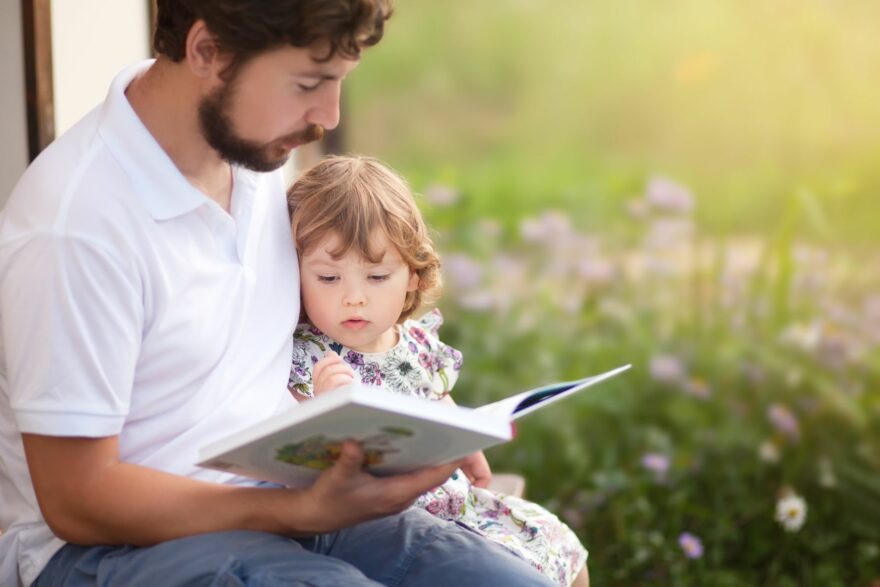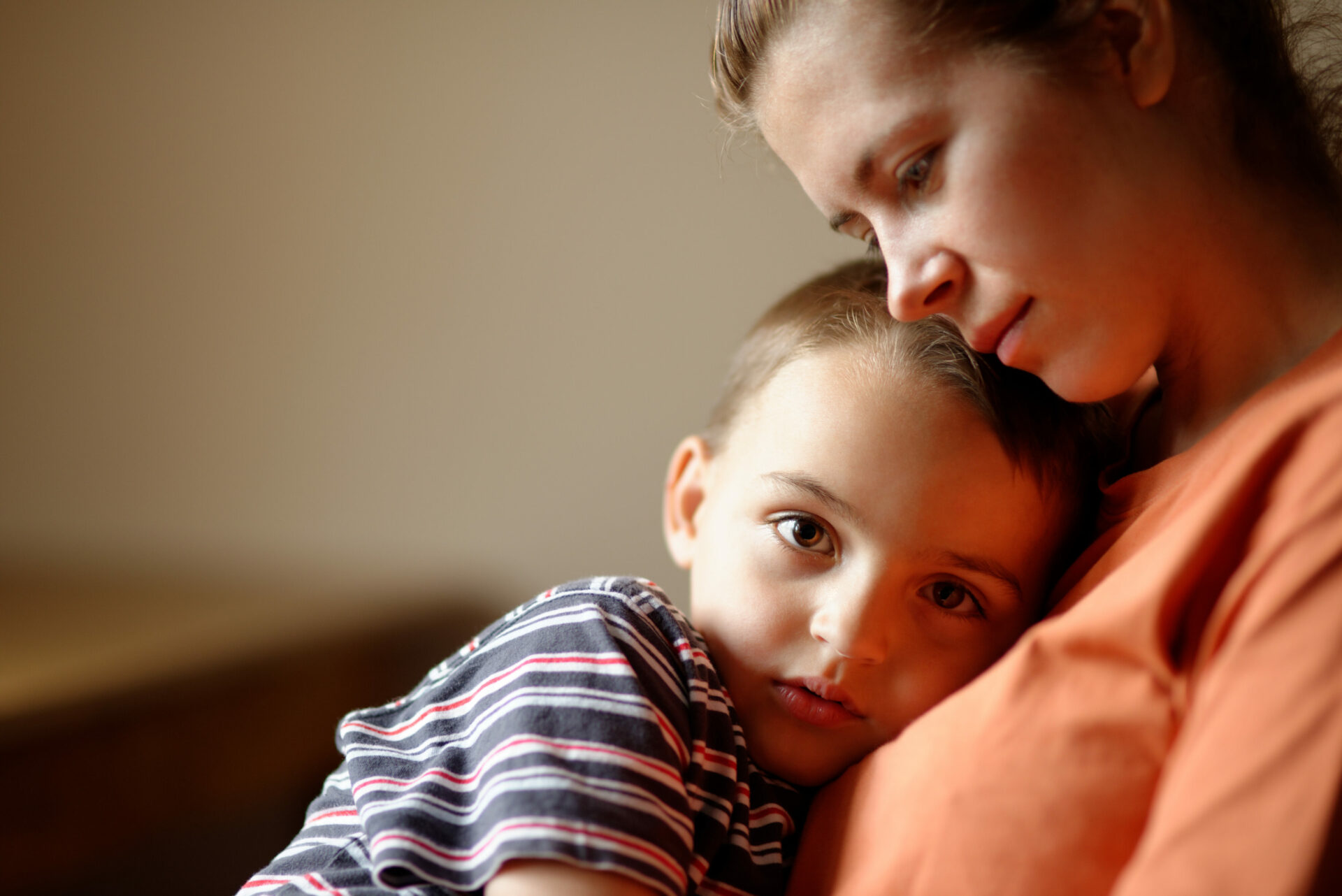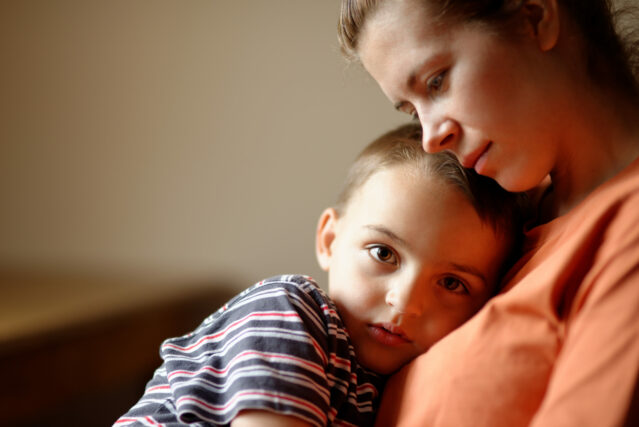Read our guidance on Bereavement Support Payment and action to take if you or your client is refused an award because of marital status.
BSP is a social security benefit which is paid to people of working age after the death of their spouse or civil partner to help them with the immediate financial impact of bereavement.
It is made up of an initial lump sum followed by up to 18 monthly amounts.
BSP is paid at two rates. The higher rate is paid to people who have dependent children or are pregnant at the time of their partner’s death.
The lower rate is paid to people who were not pregnant or have no dependent children at the date of death.
To qualify for BSP:
- your spouse or civil partner must have died on or after 6 April 2017. (This is the date on which BSP replaced previous bereavement benefits.)
- you were under State Pension age when your spouse or civil partner died.
- you were resident in the UK at the time of the death or live in a country where the UK has a relevant European Union or reciprocal agreement.
- your spouse or civil partner had paid a minimum of 25 Class 1 or Class 2 National Insurance contributions in any single tax year during their working life.
Exceptions to the contribution condition may apply if your spouse or civil partner died as a result of an industrial accident or prescribed disease.
A further exception may apply if your spouse or civil partner was unable to work during their working life because of disability. For more information see Law Centre NI’s case note: Bereavement Support Payment: Eligibility of Deceased who was unable to work due to disability | Law Centre Northern Ireland (lawcentreni.org)
You need to claim within 12 months of your spouse or civil partner’s death to receive a lump sum payment and your claim must be within three months of the death to receive the additional monthly amounts.
For full details and how to apply see nidirect.
Legislation specifically excludes the surviving partner of a cohabiting couple from claiming BSP if they were not married or in a civil partnership at the time of death.
However, in February 2020, the High Court of England and Wales ruled that for the higher rate of BSP this policy is incompatible with the European Convention on Human Rights: Jackson & Ors v The Secretary of State for Work And Pensions [2020] EWHC 183 (Admin) (07 February 2020) (bailii.org)
Jackson recognises that children of bereaved parents are all equally entitled to support, whether or not their parents were married or in a civil partnership.
(Eligibility for the lower rate, where the couple do not have dependent children, was not challenged.)
The decision in Jackson follows a decision of the Supreme Court in August 2018 that denying Widowed Parent’s Allowance, a pre-2017 bereavement benefit, to Siobhan McLaughlin, a mother of four children, was incompatible with human rights law: McLaughlin, Re Judicial Review (Northern Ireland) (Rev 1) [2018] UKSC 48 (30 August 2018) (bailii.org)
In the years since McLaughlin, legislation has not been amended to allow surviving unmarried parents to access bereavement benefits.
A Remedial Order, which would remedy this injustice, is still passing through Westminster, however, implementation is not anticipated before January or February 2023 at the earliest.
Pending legislative change, Law Centre NI advises that the surviving partner of a cohabiting couple with children should submit a claim for BSP. This will protect their claim once legislation is changed.
When the Department refuses the client’s claim, advisers can challenge the decision on behalf of their clients.
We have set out a template supporting statement to assist you in challenging the decision on behalf of your client. This can be sent with the MR2(NI) mandatory reconsideration form or the NOA1 appeal form.
Template letter to challenge BSP decision




